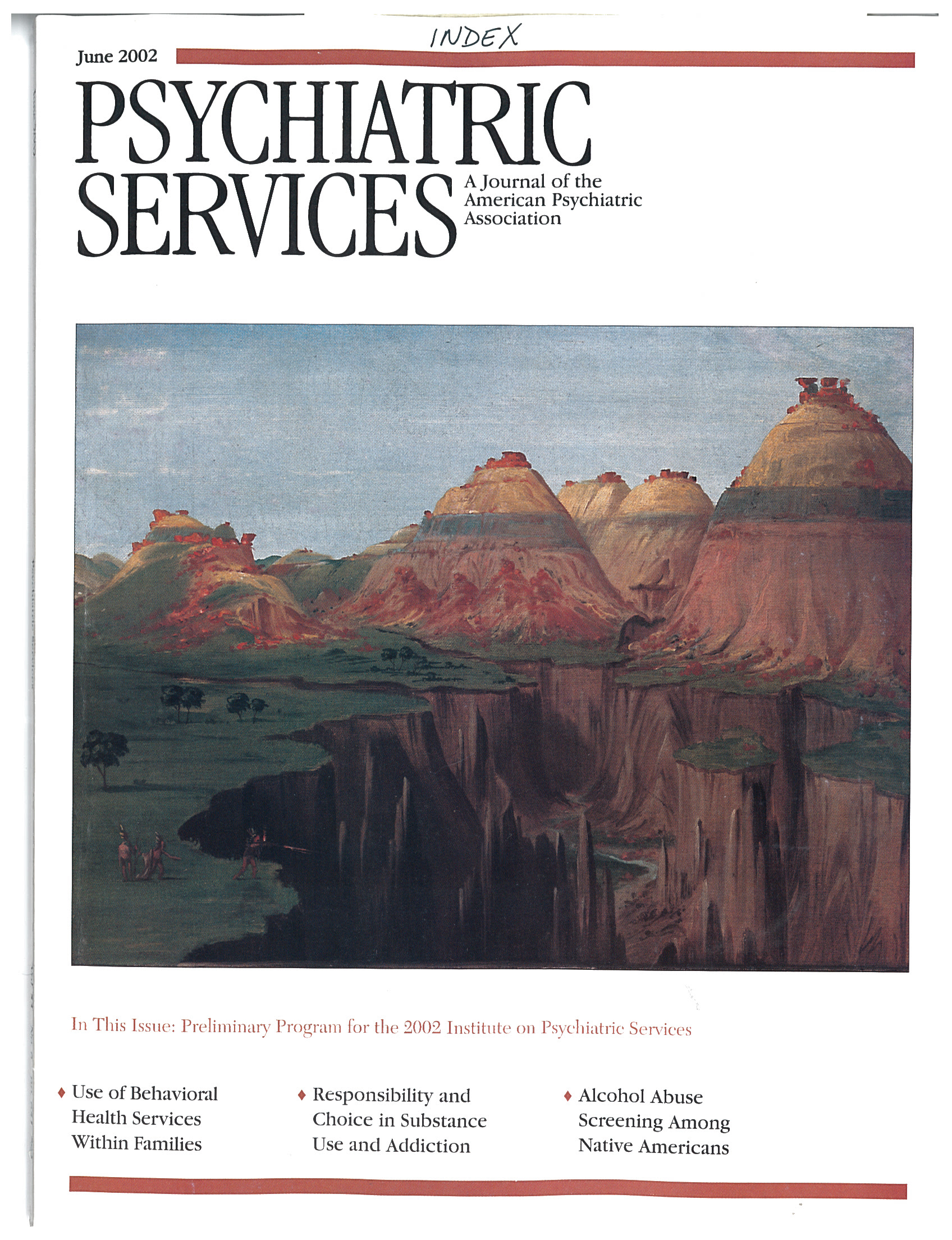Quality of Life in Social Anxiety Disorder Compared With Panic Disorder and the General Population
Abstract
OBJECTIVE: Quality of life in a treatment-seeking cohort of patients with social anxiety disorder was compared with that of patients with panic disorder who were matched for age, comorbid illnesses, and gender and with population-based norms. METHODS: The study participants were 33 patients with social anxiety disorder and 33 patients with panic disorder who had participated in clinical trials and who had completed the Medical Outcomes Study Short-Form-36 (SF-36) as part of a baseline evaluation. The patients did not have significant comorbid psychiatric disorders. Paired t tests were used to compare baseline scores on subscales of the SF-36 between the two cohorts. One-sample t tests were used to compare scores on subscales of the SF-36 with expectation scores based on 2,474 persons from the general population. RESULTS: Compared with the general population, the patients with social anxiety disorder had significantly greater impairment as measured by the SF-36 social functioning and mental health subscales. Subscale scores also indicated poorer emotional role functioning, but the difference was not significant. However, they were significantly less impaired than the patients with panic disorder in terms of physical functioning, physical role, and mental health. CONCLUSIONS: Patients with social anxiety disorder who do not have significant comorbid depression or anxiety are substantially impaired in quality of life, but to a lesser extent than patients with panic disorder, who suffer from both mental and physical impairments in quality of life.



